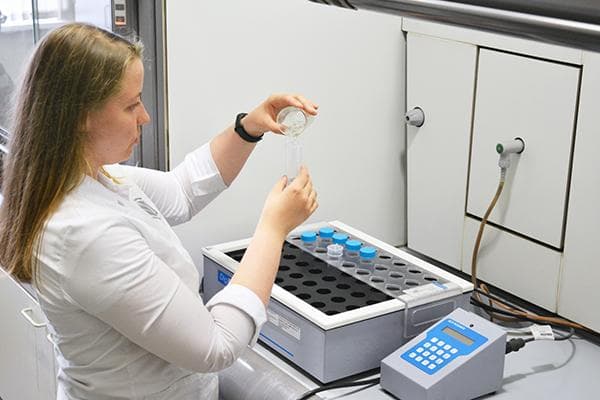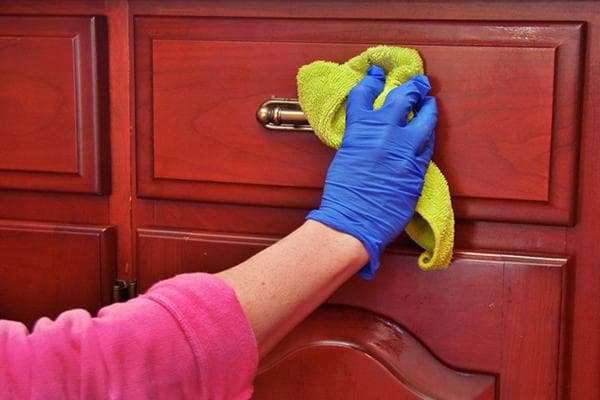Does vinegar help against coronavirus? The whole truth about the product people are trying to replace antiseptic
The debate about whether vinegar helps against coronavirus does not stop, because the shortage of disinfectants forces people to look for an alternative among the means at hand. Unfortunately, the answer from doctors and virologists is clear: there is no point in wiping your hands and various surfaces with vinegar to protect against viruses. We'll tell you why.

Vinegar against coronavirus - why doesn’t it work?
Acetic acid is known to successfully kill fungus. It is used to treat bathroom walls, washing machines, refrigerators and other equipment in which mold periodically grows. However, even in this case we are not talking about vinegar, but about vinegar essence. In food vinegar, the concentration of acetic acid is minimal - from 3 to 9%. This is not enough to destroy microorganisms.
If we talk about the coronavirus, then it, like other viruses, is a special - cell-free - form of life. Essentially it is a collection of DNA and RNA enclosed in a fatty membrane. When the virus is outside the body - for example, on the handrails on a tram or on the collar of a coat - it does not show any vital activity. All it can do is stick tightly to human skin or other surfaces with fatty “tentacles.”
The only way to get rid of coronavirus is to destroy its protective layer. You can do this in two ways:
- use chemicals that dissolve fat well;
- apply high temperature exposure.
Unfortunately, vinegar has very mediocre fat-dissolving properties. It is not able to damage the lipid membrane of the virus, so treating surfaces and hands does not give the desired result.
Is apple cider vinegar effective in fighting coronavirus?
Recently, information has been spreading on the Internet that apple cider vinegar can replace disinfectants. This is actually not the case, because:
- The strength of apple cider vinegar is very low - as a rule, it does not exceed 6%;
- the acids present in natural apple cider vinegar (lactic, oxalic, malic, carbolic, citric, propionic and others) have the same low fat-soluble properties as acetic acid.
From this we can conclude that apple cider vinegar may be beneficial to the body as a dietary supplement, but its use to combat coronavirus is not advisable.
How do other types of vinegar work against coronavirus?
Table and apple cider vinegar are ineffective against coronavirus, but maybe other varieties can cope with this infection? Alas, no - balsamic, wine and rice are just as powerless in the war against viruses. The components present in their composition have a very weak effect on fat, as you can see for yourself - take a frying pan in which you fried potatoes and try to wash it using vinegar instead of detergent.
To minimize the risk of infection and help end the pandemic, only products that have proven effectiveness against coronavirus should be used to disinfect hands and surfaces. Otherwise, the likelihood of getting sick increases many times over, because hoping that the viruses are destroyed, a person loses his vigilance.




now there is no